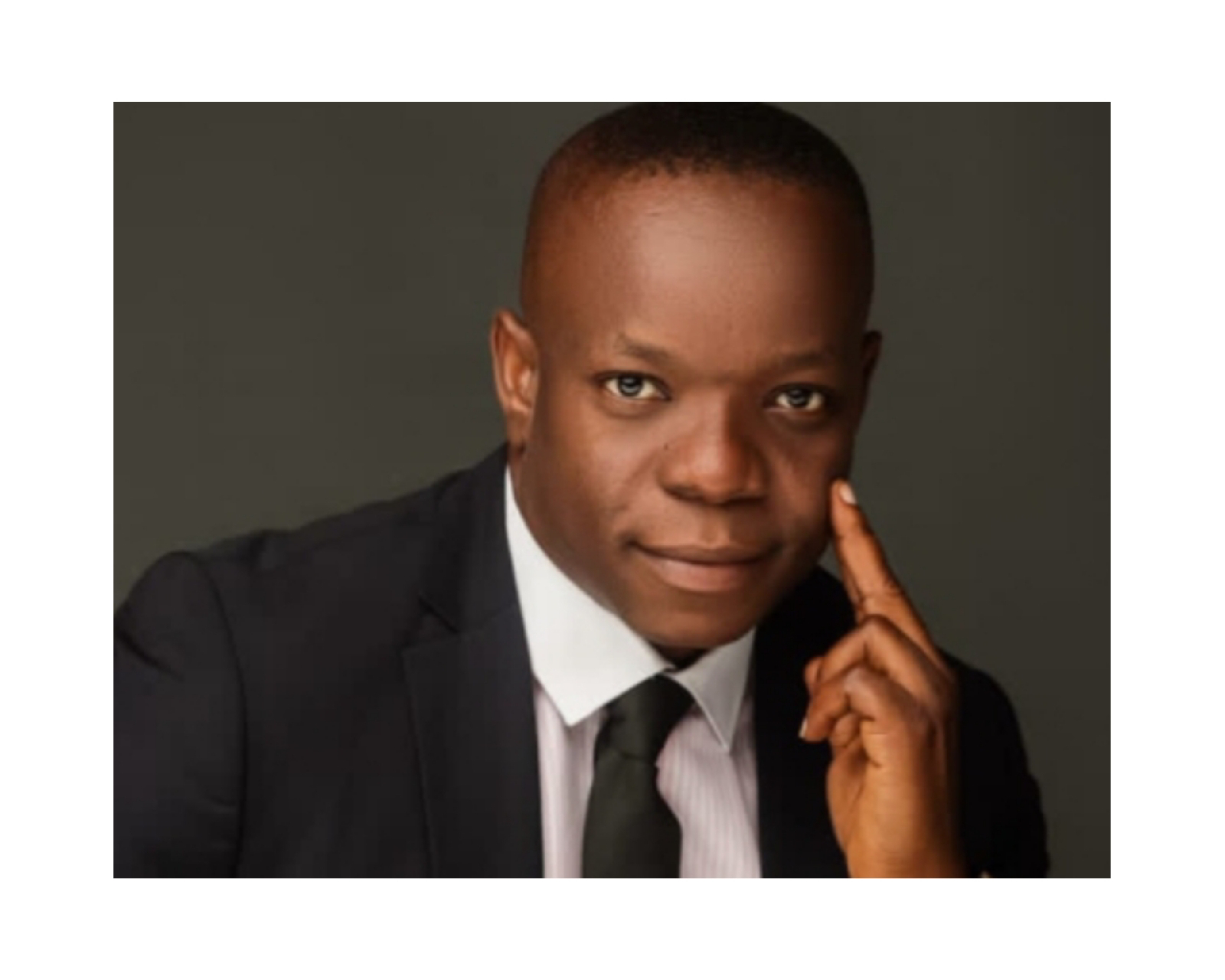This is where the state legislator becomes a critical bridge, linking policies with people, and ensuring that governance is felt at the grassroots level. The role of state legislators extends beyond lawmaking; it involves grassroots engagement, advocacy, and delivery of the people's expectations to the halls of power.
As the elected representative of the people of Umuahia North, my responsibility transcends the chambers of the House of Assembly. It involves listening to the concerns of my constituents, translating them into motions, bills, or oversight actions, and ensuring that their voices echo where decisions are made. The people deserve to be seen and heard, not just during election seasons, but every day. Bridging this gap requires intentional visibility, open communication, and feedback mechanisms that foster trust.
One of the most practical ways state legislators bridge the gap is through constituency engagements. Town hall meetings, community visits, and consistent consultations with youth, women, elders, and stakeholders offer insights into what truly matters to the people. These grassroots dialogues guide our interventions; from sponsoring bills that reflect local realities, to recommending deserving citizens for state appointments, or facilitating development projects that improve daily living.
Furthermore, the oversight function of the state legislature is a vital tool in ensuring that government projects and policies are not just implemented, but implemented fairly and effectively. Through proper scrutiny and follow-ups, we can hold government agencies accountable and protect the interests of the communities we represent. This is governance in motion, not just in theory but in action, with the people at the center.
In bridging the gap, education and enlightenment must also be prioritized. Many citizens are unaware of the functions and limits of their state legislators, leading to misplaced expectations or political apathy. Through civic education programs, school visits, and media engagements, legislators can demystify governance and empower citizens to be informed participants in democracy. When the people understand how government works, they become more effective partners in shaping it.
Equally important is our role in mediating between state institutions and traditional structures. In communities like Ohuhuland, where tradition and modern governance coexist, legislators must foster harmony. Whether resolving communal conflicts, securing government intervention for rural development, or amplifying local culture in state affairs, we serve as cultural ambassadors as well as political advocates.
It must also be emphasized that bridging the gap involves empathy. Legislators must feel what their people feel. We must walk their roads, visit their schools, attend their community meetings, and share in their struggles. Only then can we represent them with clarity and passion. This is how trust is built, not by lofty promises, but by consistent presence and people-centered action.
In conclusion, the role of a state legislator is deeply rooted in connection, connection with the people, the government, and the mission of development. Bridging the gap between the grassroots and the government is not just a duty; it is a calling. And for me, as a representative of Umuahia North, it is a responsibility I carry with pride, humility, and unwavering commitment to the people of Ohuhuland and Abia State at large.
— Hon. Barr. Anderson Kelechi Akaliro
Member Representing Umuahia North State Constituency, Abia State House of Assembly





0 Comments